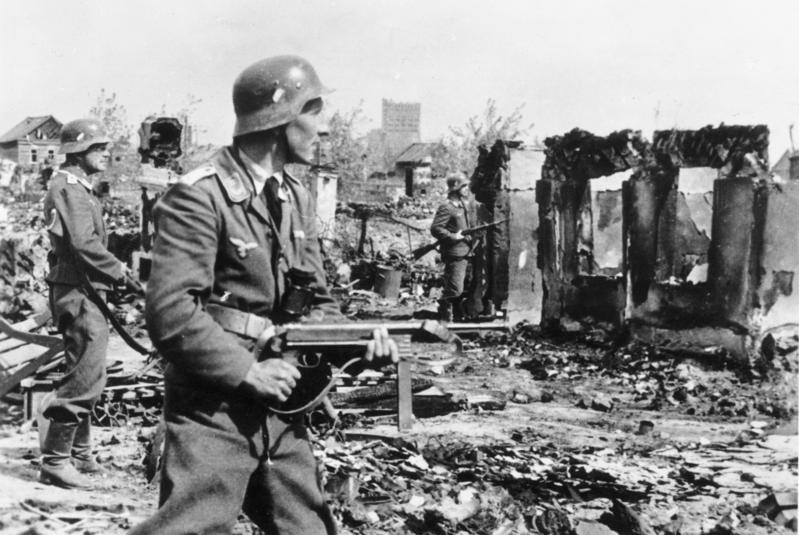The world seemed to be a very dark place in early 1942. The Nazis and their allies had captured vast swaths of territory across Europe and seemed like they might be unstoppable. The German war machine had even turned its attention toward Russia to take out one of the major Allied powers and plunder its vast resources. Then, on August 23, 1942, the German army and its allies attacked the Russian city of Stalingrad, and everything changed.
Stalingrad was an important industrial center that produced a lot of the ammunition used by Russia’s troops. It was also a key shipping hub, next to the Volga River. By taking it out, the Nazis hoped to cripple Russia as a military power quickly. They were especially hopeful of this strategy because the Russians expected them to attack Moscow, not Stalingrad. Ultimately, though, it was the Nazis who proved to be unready for the battle.
Hitler made a speech declaring that the Germans would kill every man in Stalingrad and deport all the women. As a result, everyone in the city joined the Russian army in fighting, even if they didn’t have any weapons. The town was in ruins in just a month, and fighting raged throughout its streets. Yet the residents of Stalingrad refused to give up. Cut off, outnumbered, and out-gunned, they held the Germans off long enough for reinforcements. When they did, they cut the Germans in the city off from their main forces. Then Russia’s secret weapon hit: winter.
The Germans were not ready for the brutal Russian winter, but the Russians had been dealing with such weather all their lives. Freezing and cut off from their supplies, the weakened German army soon succumbed to Russian attacks. By February, the battle was over. Because of their enormous losses, the Germans had to pull forces from other fronts to reinforce the eastern front, and that started a cascade of losses everywhere else the Germans were fighting. The Russian victory at Stalingrad turned the tide of the war and led to the eventual triumph of the Allied forces.

